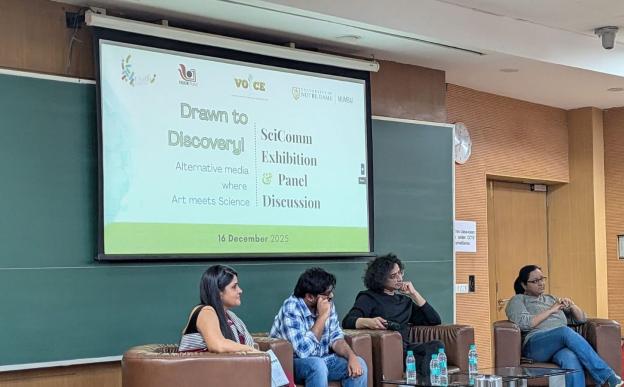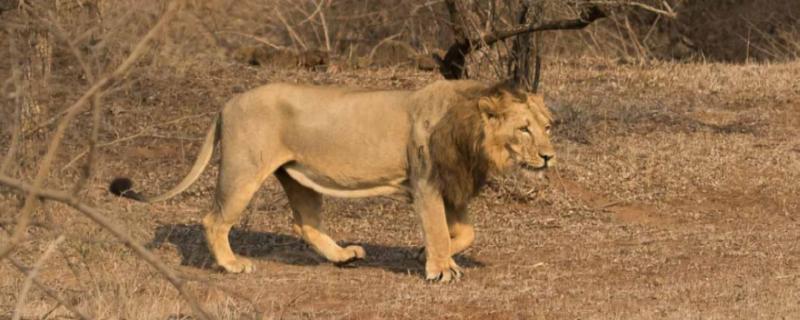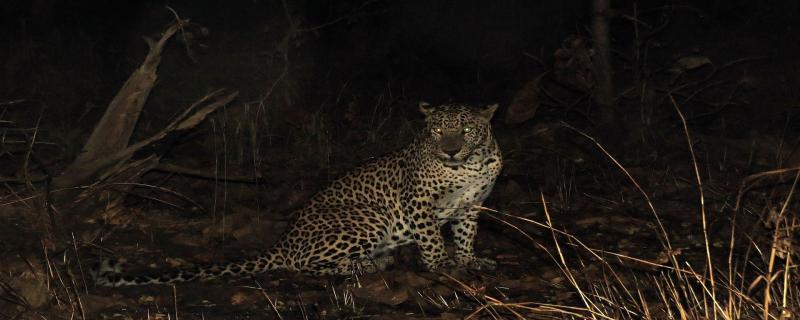A curious question in science is to know how these different types of lions evolved and how different are today’s lions from their ancestors. In a new study, an international team of researchers have tried to answer these questions by analysing the genes of extinct and living lions. The study, published in the Proceedings of the National Academy of Sciences (PNAS), finds that about 500,000 years ago, modern and now-extinct lions shared a common ancestor. Further, about 70,000 years ago, two different lineages of modern lions emerged. The findings also have implications on the conservation of the remaining lion population, which is just 10% of what it was a century ago.
The Indian Institute of Science Education and Research (IISER) Pune on Tuesday launched the VOICE Fellowship 2025
Pune/



![Asiatic lions in the Gir Forest [Image Credits: Keshab Gogoi, 2020] An accurate count of Asiatic lions could help design better conservation practices](/sites/researchmatters/files/styles/large_front_800x320/public/asiaticlion1.jpg?itok=4qKHEtwt)